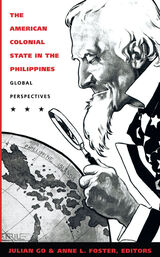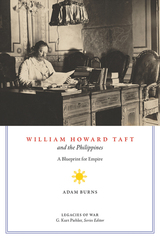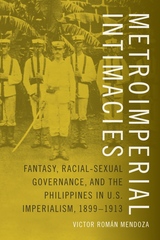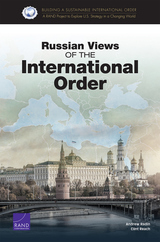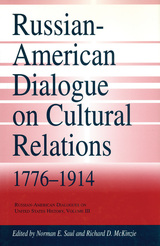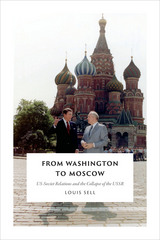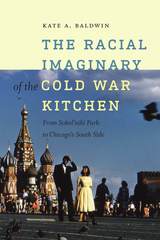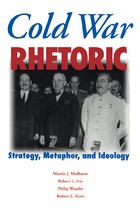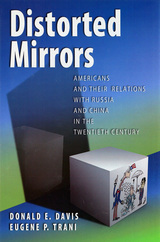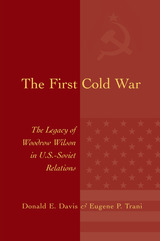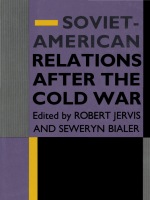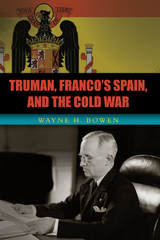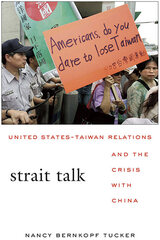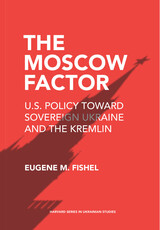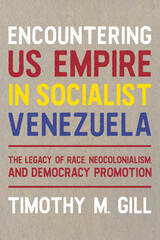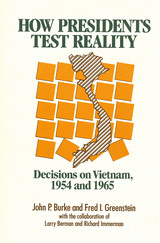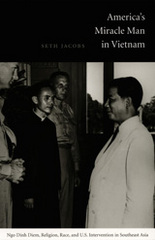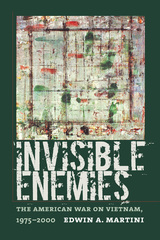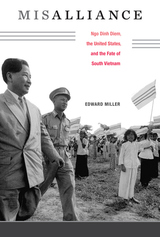Cloth: 978-1-62616-228-0 | eISBN: 978-1-62616-230-3 | Paper: 978-1-62616-229-7
Library of Congress Classification E183.8.S65G385 2015
Dewey Decimal Classification 327.47073
During the Cold War, the political leadership of the Soviet Union avidly sought intelligence about its main adversary, the United States. Although effective on an operational level, Soviet leaders and their intelligence chiefs fell short when it came to analyzing intelligence. Soviet leaders were often not receptive to intelligence that conflicted with their existing beliefs, and analysts were reluctant to put forward assessments that challenged ideological orthodoxy.
There were, however, important changes over time. Ultimately the views of an enlightened Soviet leader, Gorbachev, trumped the ideological blinders of his predecessors and the intelligence service’s dedication to an endless duel with their ideologically spawned “main adversary," making it possible to end the Cold War.
Raymond Garthoff draws on over five decades of personal contact with Soviet diplomats, intelligence officers, military leaders, and scholars during his remarkable career as an analyst, senior diplomat, and historian. He also builds on previous scholarship and examines documents from Soviet and Western archives. Soviet Leaders and Intelligence offers an informed and highly readable assessment of how the Soviets understood—and misunderstood—the intentions and objectives of their Cold War adversary.
See other books on: 1945-1991 | Intelligence | Intelligence & Espionage | Intelligence service | Politicians
See other titles from Georgetown University Press

